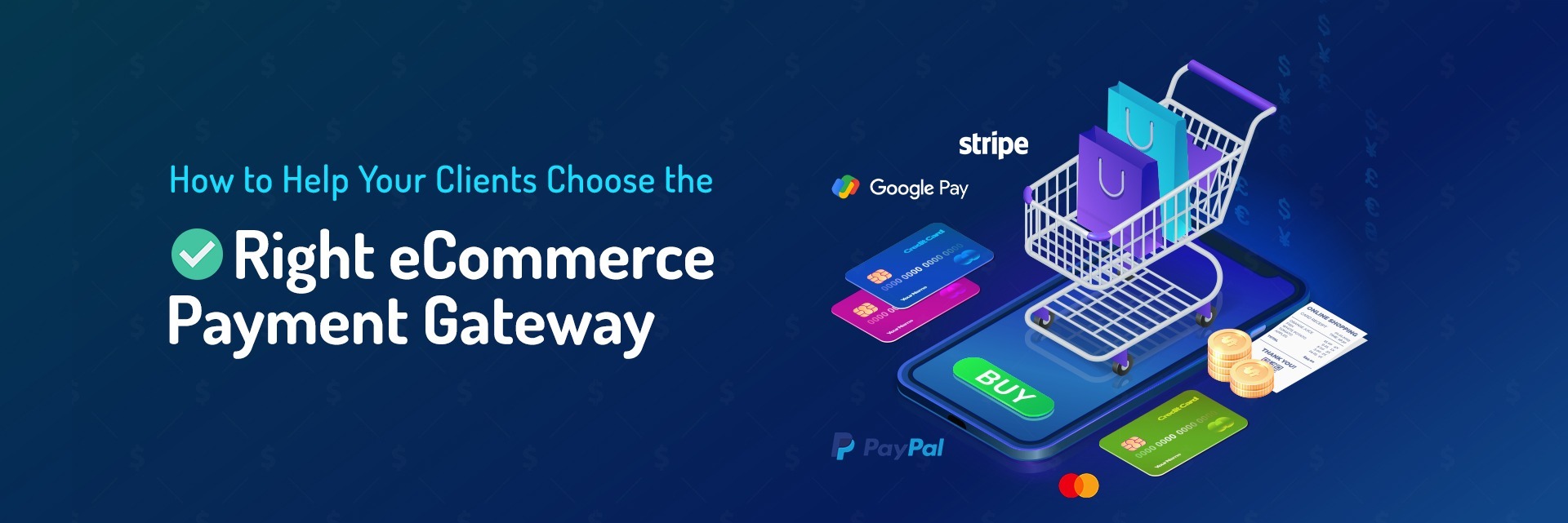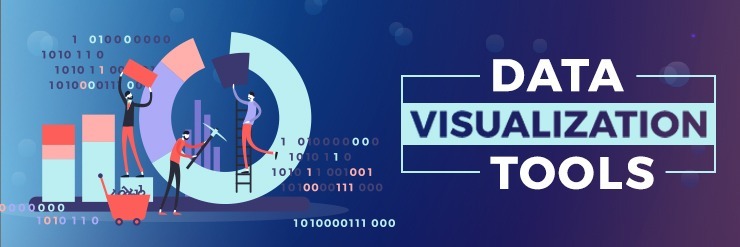A website for eCommerce has different priorities than a regular website. If you’re building an ecommerce website for a retail store, you tend to think about the maximum level of revenue and future growth of your business. As a result, you would want to make your products look perfect and drive sales.
All of this needs a smooth sales strategy where users eventually convert into buyers. Clients rely on the mobile or web app development company to help them build a platform that is convenient for users and beneficial for their businesses.
In order to put together an eCommerce website that is successful, you must choose a payment gateway. If you choose the wrong one, it could be costly or even outright disastrous for your business.
You may be wondering how do you choose a payment gateway that maximizes convenience, minimizes risk, and protects your customers’ information?
Understanding eCommerce Payment Gateway
How can you ensure that your customers receive the safest and most secure payments through your payment gateway? This needs ecommerce stores to make sure adding gateways that fit perfectly to their client needs. As a professional web and mobile ecommerce development company, you must help your clients choose the right eCommerce payment gateway.
All transactions on an ecommerce store take place through a payment gateway. In order to complete the sale, you simply have to enter your credit card information on the payment gateway page. Gateways make it easier and more convenient to process payments in ecommerce.
What Is A Payment Gateway?
Ecommerce websites and brick-and-mortar stores can use payment gateways to process credit card payments. With an electronic transaction, the gateway serves as the cash register. The system needs to be secure as well as convenient to use. There are lots of payment gateways available, such as PayPal, Square, Amazon Pay, Google Pay, and Stripe.
For most payment gateways, the steps to complete the payment process are as follows:
Encryption: The payment gateway encrypts data between the purchaser’s browser and the seller’s server before it is sent over the internet.
Authorization: Payment processors request authorization from credit card companies or financial institutions so that transactions can proceed.
Fulfillment: Upon receiving authorization, the payment gateway allows the website to move on to the next step.
Payment gateways also serve a few other functions, such as screening orders, calculating tax costs, and using geolocation to perform actions specific to one location.
Difference between Payment Gateways and Payment Processors
Payment “gateways” and “processors” are sometimes used interchangeably. However, there is a difference between a payment gateway and a payment processor.
Processing a payment involves analyzing and transmitting transaction data. This includes sending relevant information to an issuing bank, for example, the credit card or debit card number that is linked to a bank account. On the other hand, a payment gateway is a recognized and trustable payment processing platform that enables buyers and sellers to smoothly & securely go through a payment method.
Therefore, choosing the perfect payment gateway is among the most important decisions to make during an eCommerce development project. You can assist your clients in choosing the best eCommerce payment gateway by following these tips.
Determine Project Requirements First
Choosing a payment gateway shouldn’t be the first step in an eCommerce project. The client may already have a preference, but it’s unlikely they’ll be able to get everything on their wishlist. You need to know what your project requirements are before considering gateway providers. Consider what functions and features your Client needs on the platform. For Instance, it is important to know about the shopping cart software beforehand. There may be compatibility issues with the preferred gateway. In that case, It may be necessary to write custom code or to purchase add-on software. Prior to selecting a payment gateway, it is important to understand the project’s needs.
Consider the Payment Gateway Features Your Client Needs
Making sure your online payment gateway will sync with your existing payment systems is another important consideration. Keeping your existing customer workflow intact and ensuring it is secure will help you avoid interrupting it.
You should go for a payment gateway that enables your business to process EMV credit cards, provides mobile access, supports simple integration, and provide omnichannel capabilities. You can use these features to allow your business to accept payments via multiple channels while using multiple payment methods seamlessly.
Choosing the right Payment Gateways for your Client
Choosing a payment gateway that is easy to use for your staff is just as important as providing a reliable customer experience. To cope with the current crisis of Covid’19, you and your team need to choose payment gateways that enable you to accept and track customers’ payments anywhere at any time.
You can enhance efficiency by choosing payment gateways that are friendly to employees. Additionally, you will have more time to focus on expanding your products and services by spending less time training your employees on how to use payment gateways. In order to defend against attacks in real-time, you must have quality ecommerce payment gateways, which provide encrypted support for data between buyer and seller.
High-Quality Payment Gateways Help Reduce Load Time
When you handle your payments on-site, it’s essential that you understand your options as well as your responsibilities. Because retail has an average cart abandonment rate of 75%, making changes to the shopping experience can make a great deal of difference to your bottom line. The quality of your gateway can also play a role in preventing cart abandonment. This is particularly true of retailers who work with high sales volumes. There is a 6% abandonment rate due to payment options. The simplicity of the payment gateways is one of the benefits of handling your payments this way.
Top Payment Gateways
PayPal
Because so many customers trust PayPal, it is a popular redirect payment gateway. There are also many options to choose from among PayPal packages. PayPal provides fraud protection without charging extra. Clients and business owners feel more at ease knowing that the payment gateway is secure, or at least capable of detecting threats when they arise.
Apple Pay
A key goal of Apple’s mobile payment solution is to enable merchants to handle payments with customers using Face ID or Touch ID. The solution is geared toward consumers who want a digital wallet to manage their own payments.
Apple Pay can be accepted on many other payment gateways available on this list, including PayPal. Fees for Apple Pay processing default at 3%, with no additional charges for merchant accounts.
Amazon Pay
The use of Amazon Pay has proved to be successful for a number of companies. The fact that Amazon has over 300 million customer accounts around the world makes it very attractive as a payment gateway. Domestic transactions with Amazon Pay incur a 2.9% fee and an additional $0.30 fee per transaction.








